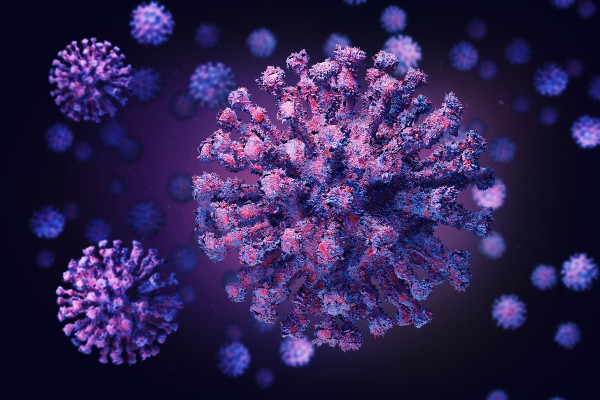The studies give fresh optimism that a solution to the pandemic will be found despite fears of variants.
By World Israel News Staff
Hebrew University of Jerusalem studies published in a pair of medical journals suggest that already-existing drugs can be repurposed to fight Covid, Hebrew-language news sites reported Monday.
The studies give fresh optimism that a solution to the pandemic will be found despite fears of variants.
Rather than create a Covid vaccine from scratch, Professor Shai Arkin of Hebrew University’s Biological Chemistry Department wondered if any existing medications could be reprocessed to fight the virus.
After screening 3,000 potential drugs, Arkin identified three existing medications that he believes show much promise.
Arkin’s research zeroed in on ion channels, a type of protein that can be found in the membranes of all living organisms. While they tend to show better responses to drugs, the ion channels also play a key role in the path to infection.
Ion channels are already used to treat heart rhythm disorders, epilepsy, cystic fibrosis, hypertension and various degenerative diseases.
Arkin discussed the three prospective drugs with Times of Israel. One is darapladib, which is used to treat atherosclerosis, a build up of fatty cholesterol in the artery walls. A second is Flumatinib, which is used to treat bone marrow cancer. The third was an unspecified HIV medication.
These drugs are already approved for human use, which will speed up research on their effects against Covid.
“The biggest barrier – the unavailability of a laboratory to test the substances directly on the coronavirus – has been removed. We are now able to carry out better research and work at a fast pace. Things we thought about the virus a year ago can easily prove to be true,” Arkin told Israel Hayom.
The research that set the table for Hebrew University’s study has been peer-reviewed in the medical journals, Viruses and Pharmaceuticals. But Arkin’s laboratory study awaits that process.
“I am excited about the prospect of helping to widen the arsenal we have against the coronavirus,” Arkin told Times of Israel. “When you consider what allows us to fight HIV, hepatitis and many other diseases, it’s precisely the fact that we have a variety of treatments — a large arsenal.”




